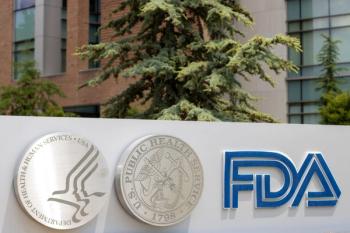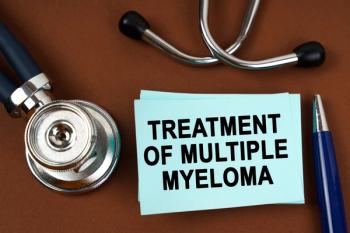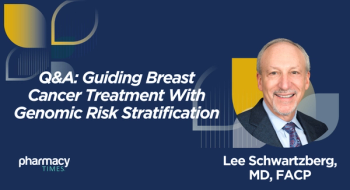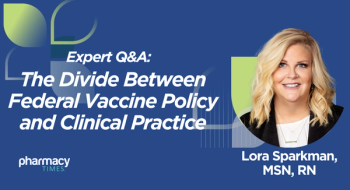
Sunscreen: One of the Best Ways to Reduce Skin Cancer Risk
Pharmacists can counsel patients on the best ways to reduce the risk of skin cancer.
A new message by the Public Access to SunScreens (PASS) Coalition—comprised of public health organizations, physician groups, sunscreen manufacturers, and citizens—emphasizes the importance of sunscreen in reducing the risk of melanoma, other skin cancers, and premature aging.1
A warning such as this is critical, according to the coalition. In 2019, more than 192,000 Americans will be diagnosed with melanoma and over 7,200 Americans will die from the disease. This is a 7.7% increase from 2018.1
Pharmacists can counsel patients on the best way to reduce the risk of this disease: having a daily regimen of sunscreen, wearing UV protective clothing, sunglasses, and limiting time in direct sunlight.1
Melanoma Research Alliance President & CEO Michael Kaplan said that there is a lot of misinformation about sunscreens.1
“Despite the hype, experts agree that everyone should be diligent about applying — and reapplying – sunscreen throughout the day to make sure they are protected. The best sunscreen continues to be the one you’ll wear every day,” he said, in a prepared statement.1
Consumer confidence in the safety of sunscreen has been muddled with recent attention focused on a new FDA proposed rule that would update labeling requirements and the list of approved sunscreens. However, even as the FDA moves through this process and retests existing ingredients, the guidelines still remain the same: choose a sunscreen that is at least SPF 30, broad spectrum, and water resistant.1
The Skin Cancer Foundation offered additional guidelines for skin cancer prevention that can be shared with patients:2
- Seek shade, especially between 10 am and 4 pm.
- Do not get sunburned.
- Avoid tanning and do not use UV tanning beds.
- Cover up with clothing, including a broad-brimmed hat and UV-blocking sunglasses.
- Apply 1 ounce (2 tablespoons) of sunscreen to your entire body 30 minutes before going outside. Reapply every 2 hours or after swimming or excessive sweating.
- Keep newborns out of the sun. Sunscreens should only be used on babies over the age of 6 months.
- Examine your skin, head-to-toe, every month.
Consumers also are encouraged to see a dermatologist at least once a year for a professional skin exam.
References
- Sunscreen is a Critical Tool in the Fight Against Melanoma and Other Skin Cancers [news release]. BusinessWire website. Published May 06, 2019. https://www.businesswire.com/news/home/20190506005643/en. Accessed May 07, 2019.
- Skin Cancer Foundation. Prevention Guidelines. SkinCancer.org. https://www.skincancer.org/prevention/sun-protection/prevention-guidelines. Accessed May 10, 2019.
Newsletter
Stay informed on drug updates, treatment guidelines, and pharmacy practice trends—subscribe to Pharmacy Times for weekly clinical insights.








































